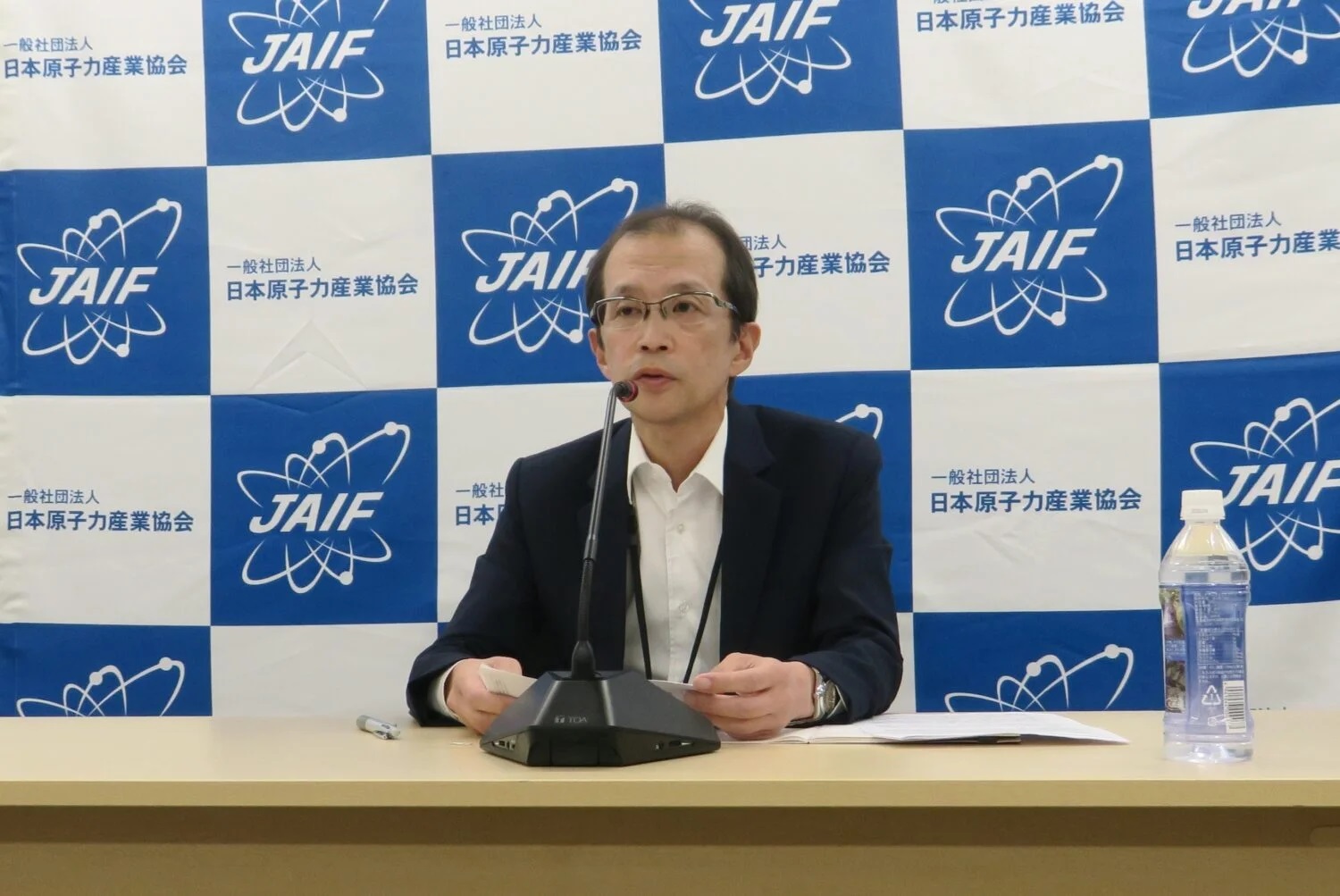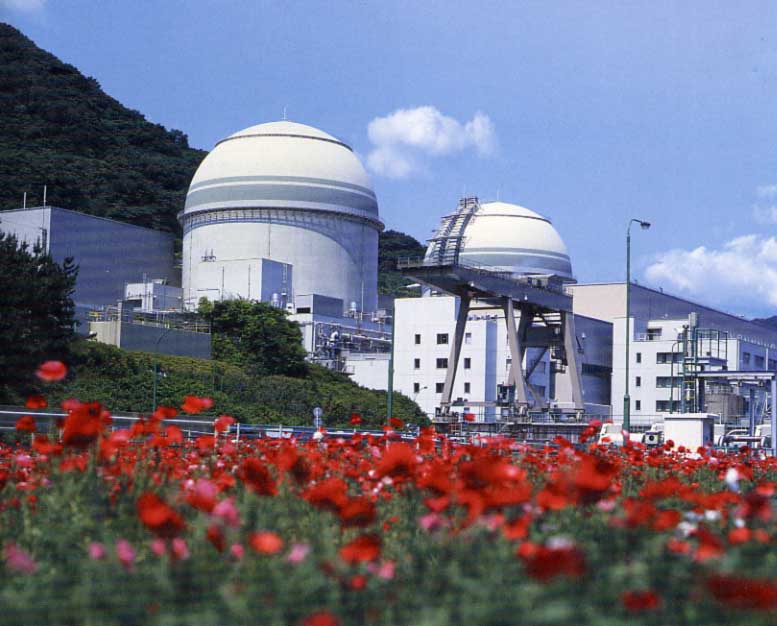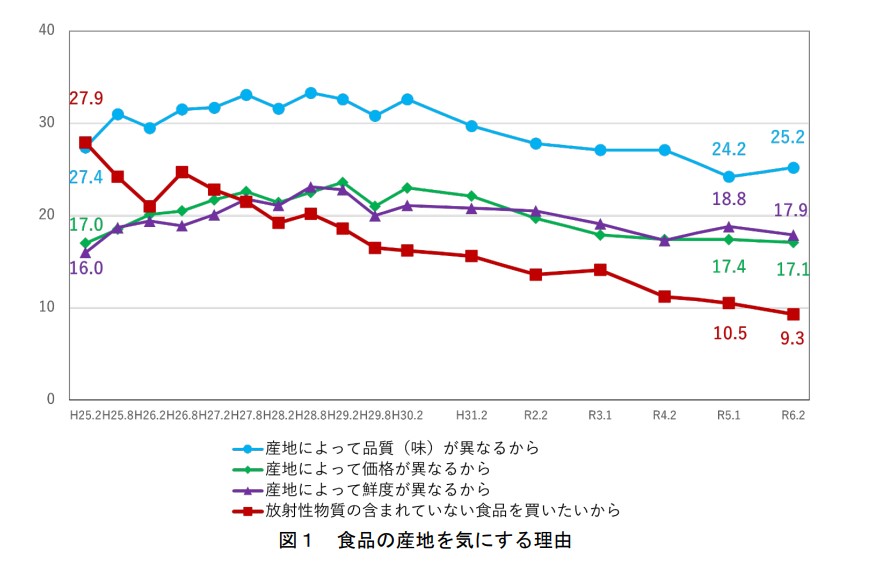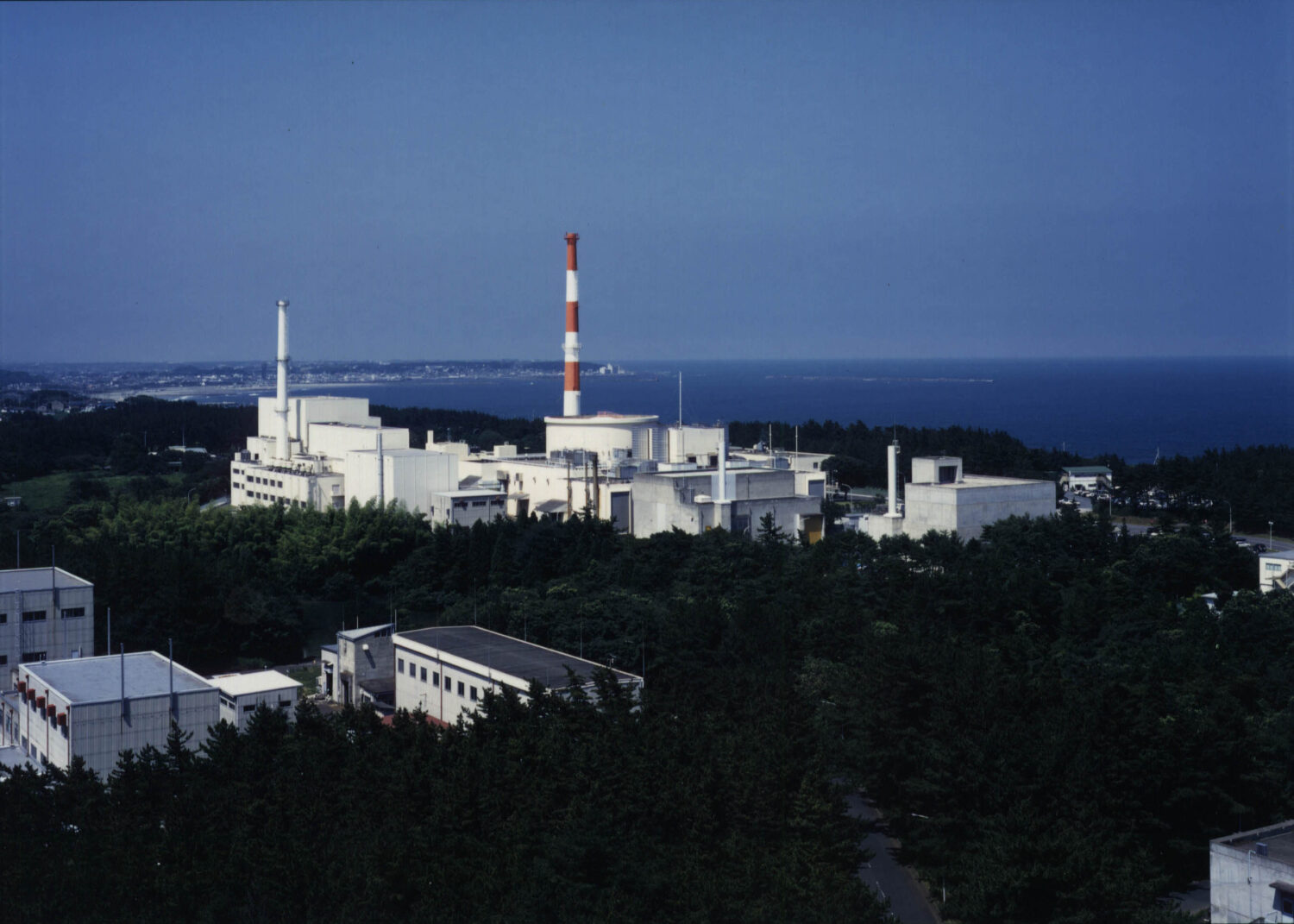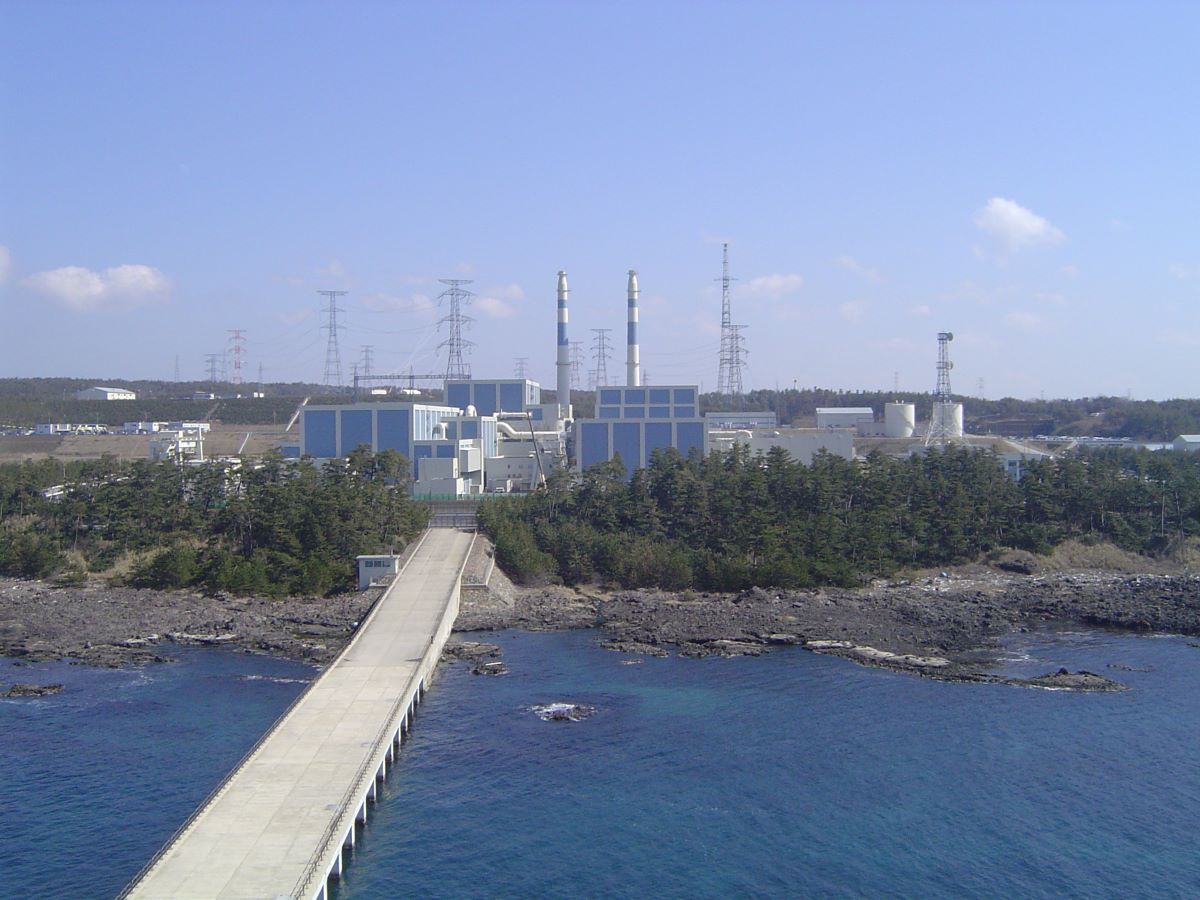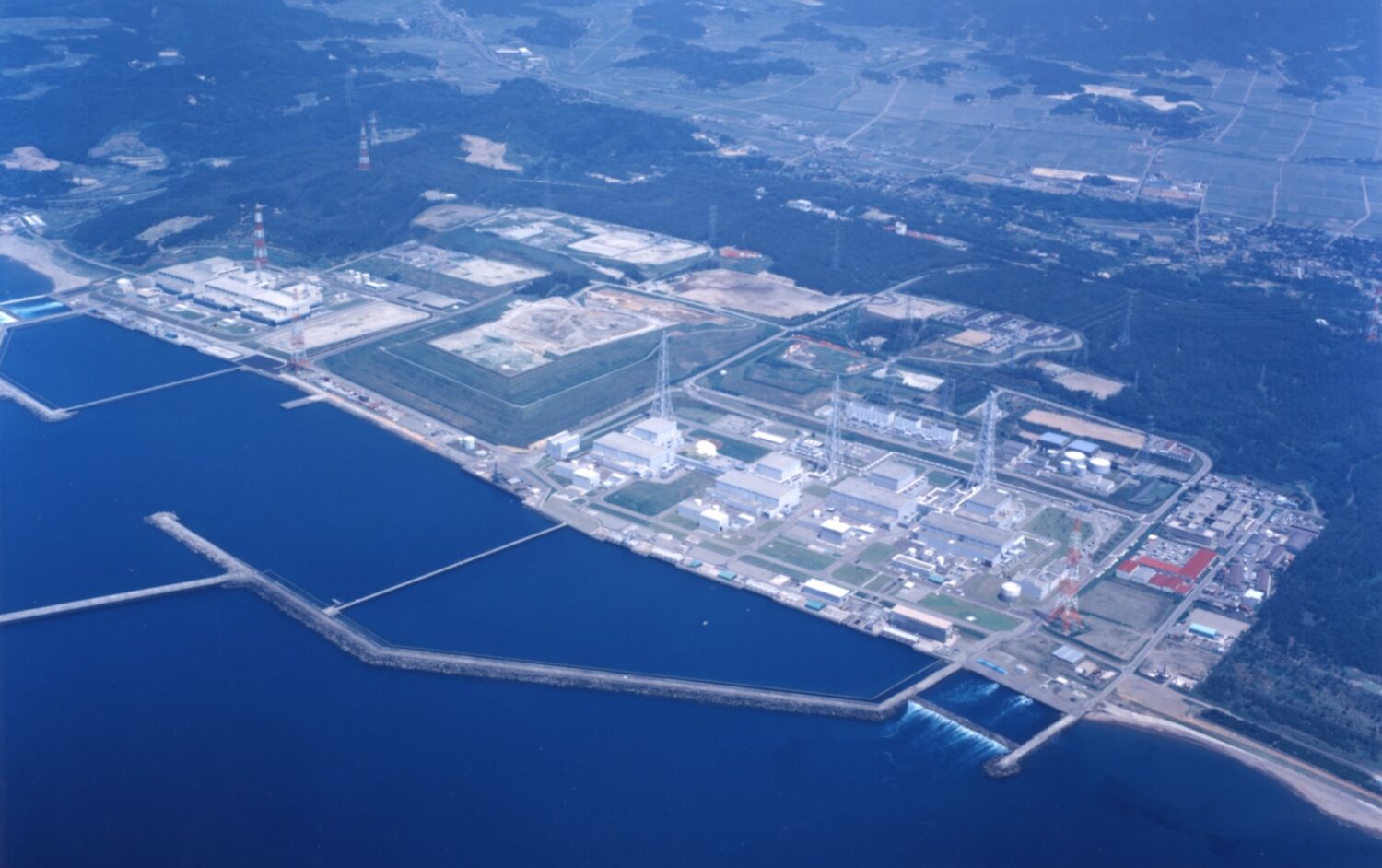Under the new regulatory system established in the wake of the accident in March 2011 at the Fukushima Daiichi Nuclear Power Plants, owned by the Tokyo Electric Power Co. (TEPCO), the operating lives of NPPs are limited in principle to 40 years, as mentioned above, with a possible one-time extension of a further 20 years at maximum.
The Takahama units were the first to which these regulations were applied. Administratively, moreover, the operation both units had been approved to July 7, 2016, despite Unit 1 having reached its 40-year mark in November 2014 and Unit 2 one year later, in November 2015. That was carried out as an “extraordinary case” under the revised law for the regulation of nuclear source material, nuclear fuel material and reactors (the so-called Reactor Regulation Law).
Kansai EP filed applications with the NRA for safety examinations for the two units in March 2015, and also, in April 2015, for approvals of extensions of their operating periods to 60 years from the original 40 years.
In terms of compliance with the new regulatory standards, the units received approval of their basic designs in April 2016. Upon filing applications for the operating-period extensions, Kansai EP conducted special inspections as required by law.
In its safety examinations of the two units, the NRA confirmed that ultrasonic inspections had been made of all the welding base metals in the reactor core area and welded parts. In addition, it carried out visual inspections of the corrosion states of the reactor containment vessels, as well as tests of the compressive strength of the concrete structures.
In addition to the two Takahama reactors that got their lifetime extension approved this time, Kansai EP filed an application with the NRA for a similar extension for its Mihama-3 (PWR, 826MWe) in November 2015. Saying that this reactor was also an “important plant for its business,” Kansai EP said that it would respond sincerely to the NRA’s examination with a view toward its early restart.
President Akio Takahashi of the Japan Atomic Industrial Forum (JAIF) released the following comments upon approval of the extensions of the two Takahama reactors:
“These are the first instances in Japan of the approval of extensions of operating periods for NPPs in service more than 40 years. In light of the approval deadline of July 7, I want to pay my respects to both the Nuclear Regulation Authority (NRA) of Japan and the operators of the reactors for their sincere efforts over the course of more than a year.”
“Japan intends to provide 20% to 22% of its total generated electricity using nuclear power by 2030. Given that it is essential, in order to realize this target, not only to restart the existing plants but to have their 40-year operating limits get extended, this approval will serve as a precedent for other NPPs aiming at such extensions.”
“From now on, toward the restart of the two Takahama reactors, Kansai EP is to take fire prevention measures for electric cables, and cover the upper part of the reactor containment vessels with reinforced concrete, along with other actions. As the extensions are the first for aging reactors in Japan, both the local residents and people across the country share a keen interest in them. I want the operator, Kansai EP, to carry out all work, putting priority on safety, and to prepare fully for their safe and stable operation after operation is resumed.”
“As for the examination now underway related to an operating extension for Kansai EP’s Mihama-3 NPP, the approval deadline is November 30. I want the regulator and the operator to continue their efforts, taking the examples of Takahama-1 and -2 into consideration.”


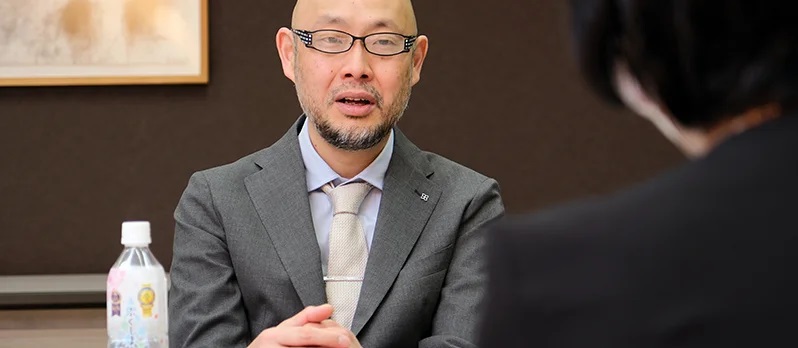
-1.png)

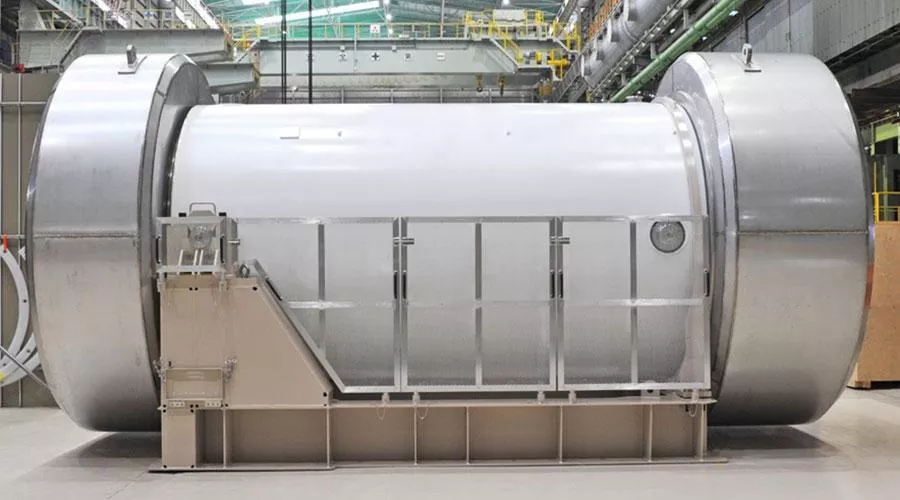
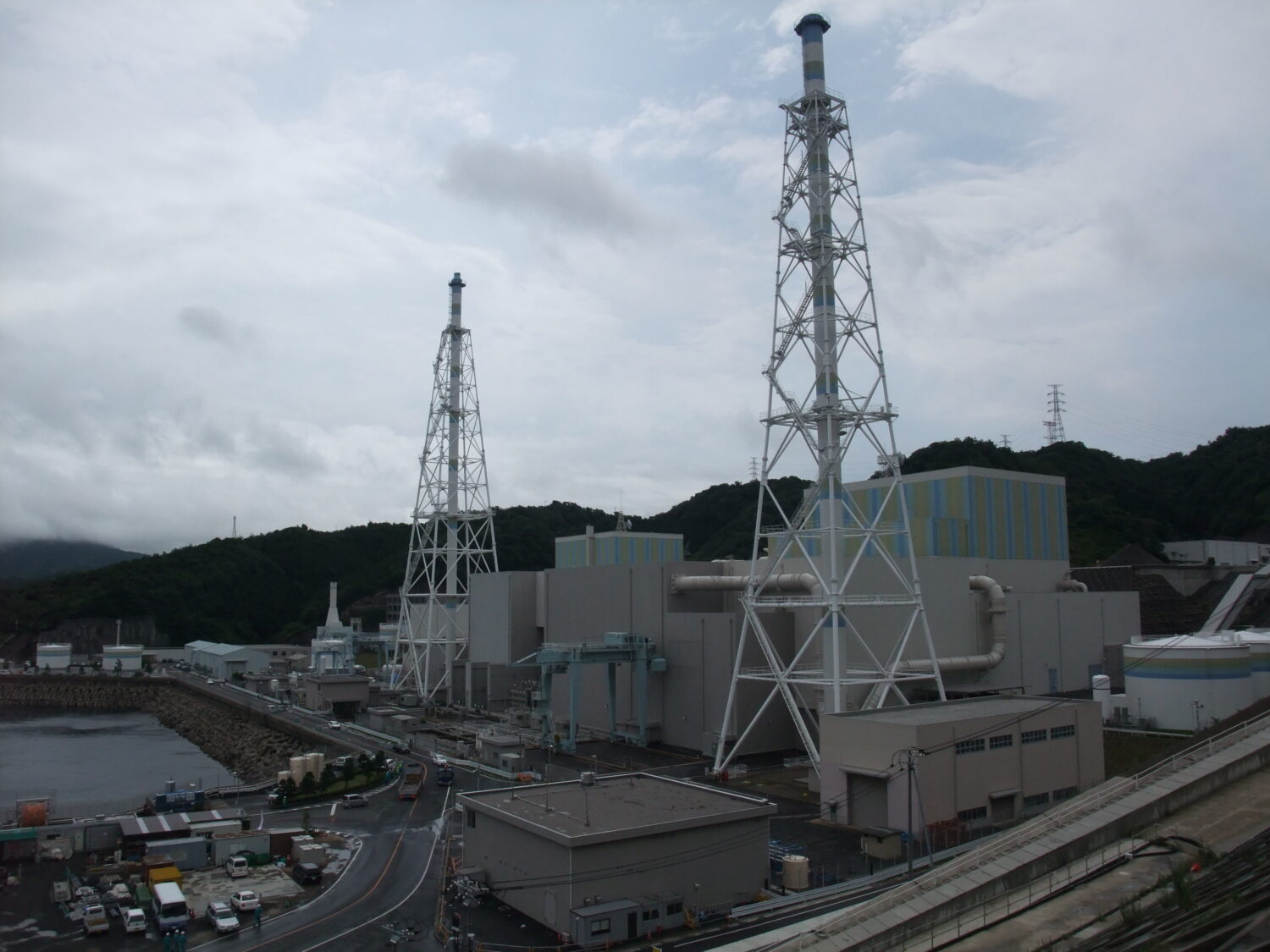

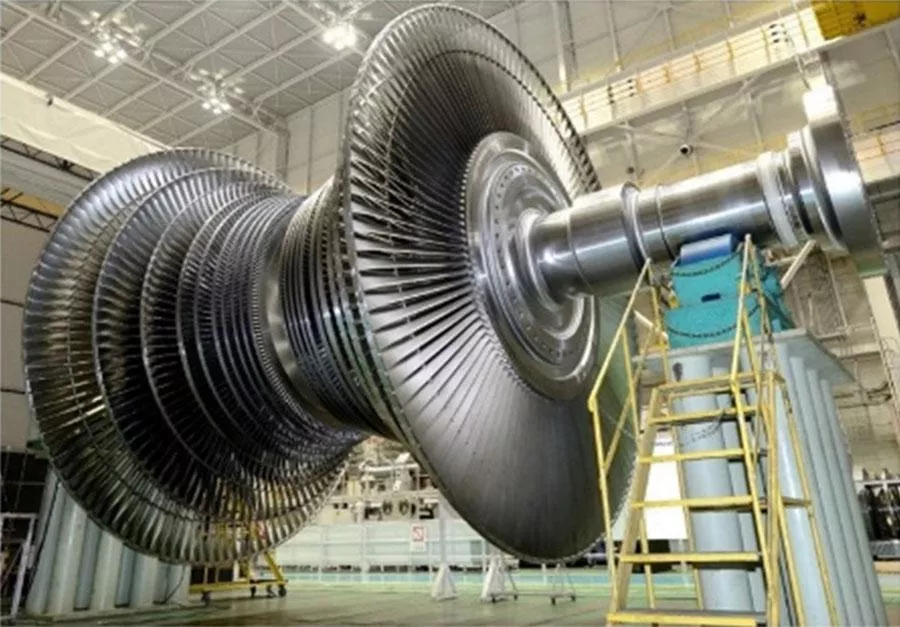

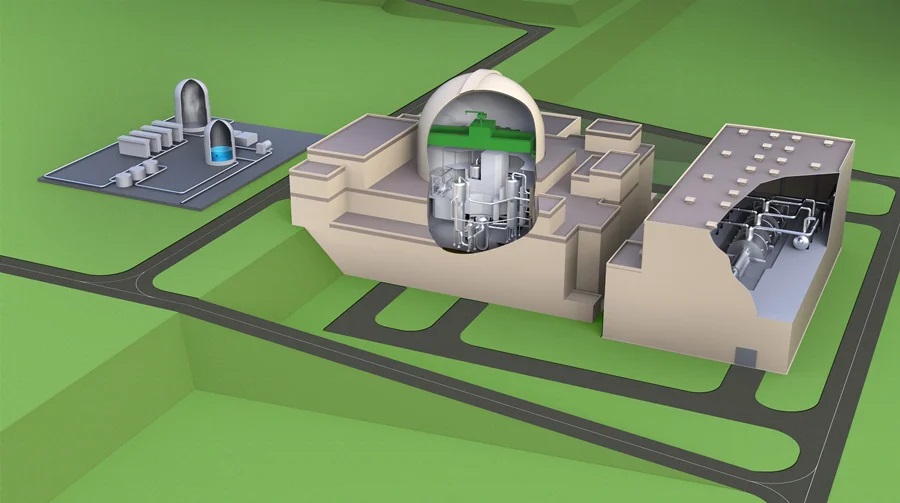
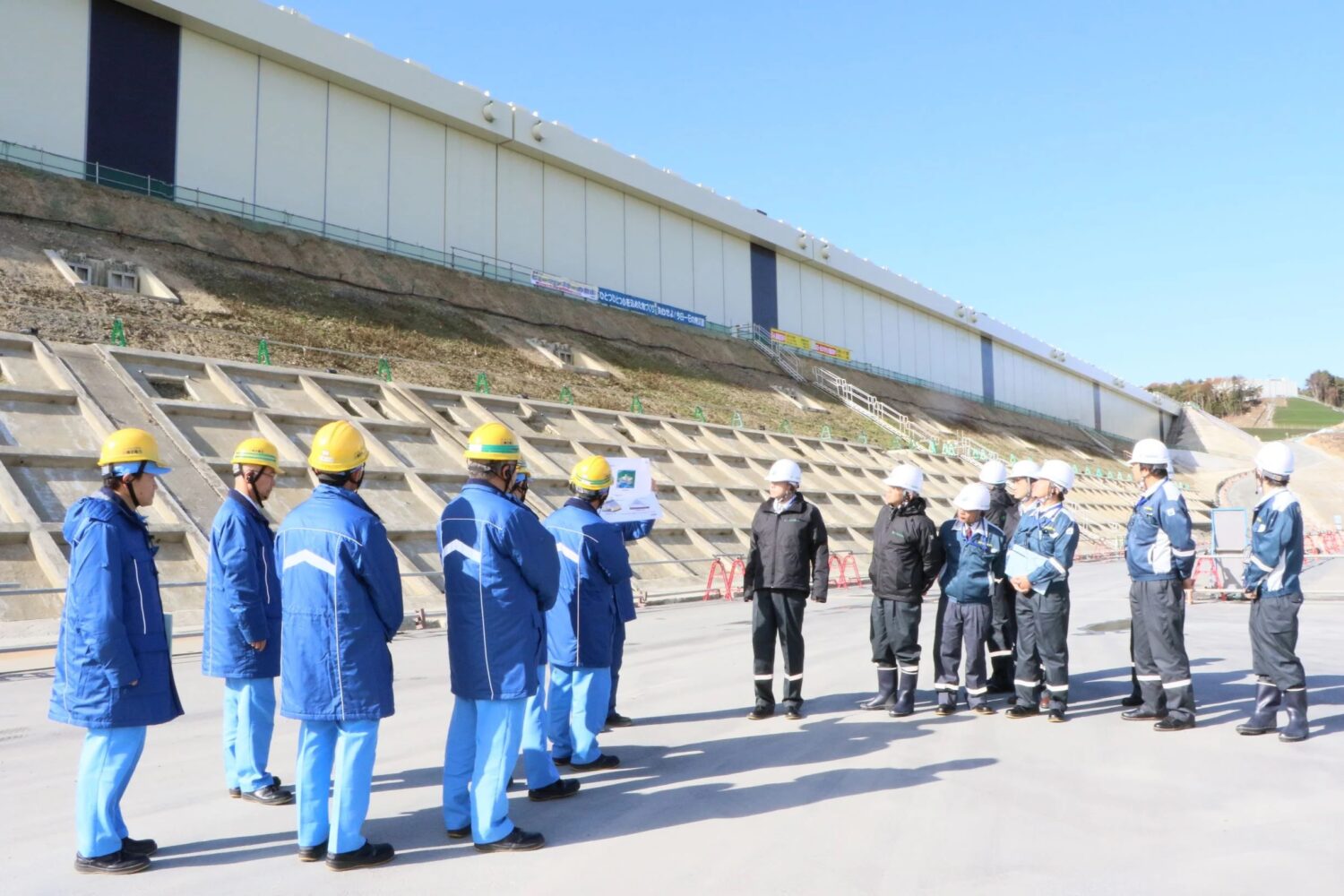
.jpg)

